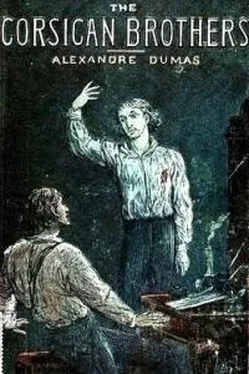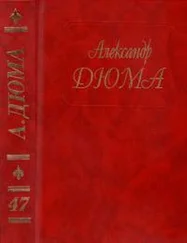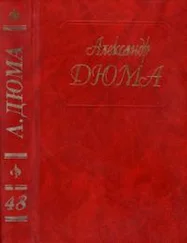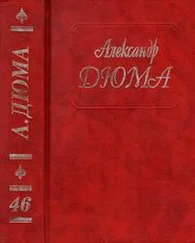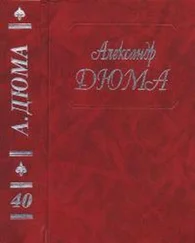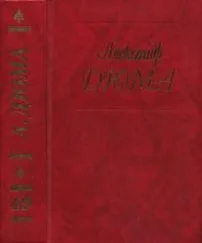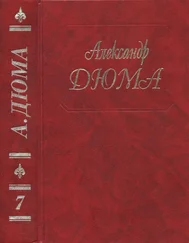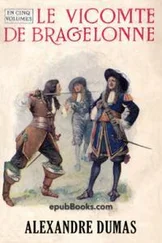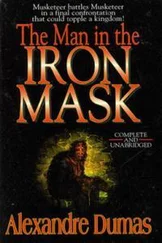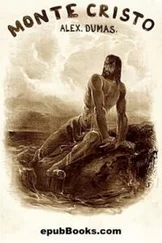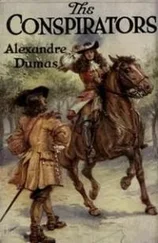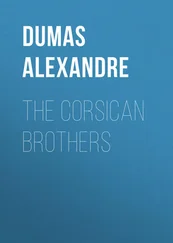"Yes," said Lucien, "very nearly. At twenty–five paces I can always divide six balls out of twelve on the blade of a knife."
I took off my hat and saluted the speaker, saying,
"Is your brother an equally good shot?"
"My brother?" he replied. "Poor Louis! he has never handled gun nor pistol in his life. My great fear is that he will get mixed up in some affair in Paris, and, brave as he undoubtedly is, he will be killed to sustain the honour of the country."
Lucien, as he spoke, thrust the pheasant into the great pocket of his velveteen coat.
"Now," he said, "my dear Orlandi, till to–morrow farewell."
"Till to–morrow, Monsieur Lucien?"
"I count upon your punctuality. At ten o'clock your friends and relatives will be at the end of the street. On the opposite side Colona, with his friends, will be likewise present, and we shall be on the steps of the church."
"That is agreed, Monsieur Lucien. Many thanks for your trouble; and to you, monsieur," he added, turning to me, "I am obliged for the honour you have done me."
After this exchange of compliments we separated, Orlandi disappearing in the brushwood, while we took our way back to the village.
As for Diamond, he was puzzled which to follow, and he stood looking right and left at the Orlandi and ourselves alternately. After hesitating for about five minutes, he did us the honour to accompany Lucien and me.
I must confess that while I had been scaling the ruined walls I had had my misgivings as to how I should descend, for the descent is usually more difficult, under such circumstances, than the ascent.
But I was glad to see that Lucien, apparently divining my thoughts, took another route home. This road, also, was advantageous in another respect, for it was not so rough, and conversation was easier.
At length, finding the path quite smooth, I continued my questions to my companion, in accordance with my usual custom, and said—
"Now peace is made, I suppose?"
"Yes, and as you see, it has not been concluded without some trouble. I have been obliged to represent all the advances as having been made by the Colona; for, you see, they have had five men killed, while the Orlandi have lost but four. The former consented to the arrangement yesterday, and the latter to–day. The upshot of it all is that the Colona have agreed to hand over a live hen to the Orlandi, a concession which will prove them in the wrong. This last consideration has settled the matter."
"And to–morrow this touching reconciliation will be effected?"
"Yes, to–morrow, at ten o'clock. You are still unfortunate; you hoped to see a Vendetta?"
The young man smiled bitterly as he continued—"But this is a finer thing than a Vendetta! isn't it? For four hundred years, in Corsica, they have been talking of nothing else. Now you will see a reconciliation. I assure you it is a much rarer sight than a Vendetta!"
I could not help laughing.
"There, you see, you are laughing at us," he said. "And you are right, after all. We are really a very droll people."
"No," I replied, "I was laughing at another strange thing, and that is, to see that you are annoyed with yourself because you have succeeded so well in bringing about a reconciliation."
"Ah!" he replied. "If you had understood what we said you would have admired my eloquence. But come back in ten years' time, and you will find us all speaking French."
"You would make a first–rate pleader."
"No, no—I am a referee—an arbitrator. What the deuce do you expect? Must not an arbitrator reconcile opposing factions? They might nominate me the arbiter between Heaven and Hell, that I might teach them to be reconciled, although, in my own heart, I should feel that I was a fool for my pains."
I perceived that this conversation was only irritating to my new acquaintance, so I let it drop, and as he did not attempt to resume it, we proceeded in silence, and did not speak again until we had reached his house.
GRIFFO was in attendance when we arrived, and before his master said a word the servant had taken the pheasant from Lucien's pocket. The valet had heard and had understood the object of the shot.
Madame de Franchi had not yet retired to rest, although she had gone upstairs, and she had left a message with Griffo to request her son to go into her room before she went to bed.
The young man first inquiring whether I was in want of anything, and on my reply in the negative, begged to be excused, to wait upon his mother.
Of course I acknowledged the politeness, and leaving him, went up to my own room.
I entered it with a certain feeling of self congratulation. I was pleased that I had divined the character of Louis, as I had found out Lucien's.
I undressed deliberately, and having taken down a volume of Victor Hugo's works, I lay down and enjoyed myself thoroughly with Les Orientales.
For the hundredth time I came upon Le Feu du ciel, and re–read it once more. I was fully occupied thus, when I fancied I heard a step upon the staircase, which stopped at my door. I suspected that my host had paused outside, wishing to bid me good–night, but scarcely liking to venture in for fear I should be asleep; so I cried out "Come in," and put my book upon the table.
In fact, as I spoke the door opened, and Lucien appeared.
"I trust you will excuse me," he said; "but it seems to me that I have been somewhat rude this evening, and I did not like to retire without making my excuses to you. So I have come to make the amende honorable —and as I daresay you have a number of questions to ask I am quite at your disposal."
"A thousand thanks," I replied; "but, thanks to your good nature, I am already well informed upon most topics concerning which I desired information, and there only remains one question, which I have made up my mind not to ask."
"Why?"
"Because it would appear too impertinent. However, if you remain here I confess I cannot answer for myself. I give you fair warning!"
"Well, then, go on. Curiosity unsatisfied is an uncomfortable companion, and awakens all kinds of suppositions; and two, at least, out of every three guesses concerning a fact are sure to be quite wide of the mark, and more likely to prejudice the object than to arrive at the truth concerning it."
"Well, you may rest easy. My worst suspicions concerning you lead me to regard you as a sorcerer!"
The young man laughed loudly.
"The devil! You have inoculated me with some of your curiosity: tell me why, I entreat you—speak out!"
"Well, then, you have had the kindness to clear up many things which were before obscure to me; but one thing you did not touch upon. You have shown me your beautiful weapons, which I should like to examine again before my departure."
"Granted. That's one reason."
"You have explained to me the inscriptions upon the carbines."
"That's another reason."
"You have made it clear to me that, thanks to the phenomenon of your birth, you always experience—although far away from him, the same sensations that agitate your brother, and no doubt he feels equally your troubles."
"That is a third reason for your belief in my sorcery!"
"Yes, but Madame de Franchi, when referring to the sadness you lately have experienced, and which leads you to think that some misfortune threatens your brother, asked you if you were sure he were not dead, and you replied 'No, for then I should have seen him.'"
"Yes, I remember I did say so."
"Well, then, if such an explanation may be entrusted to a stranger, will you explain to me how this could happen?"
The young man's face had assumed a very grave expression as I was speaking, and I hesitated to pronounce the last words.
Читать дальше
